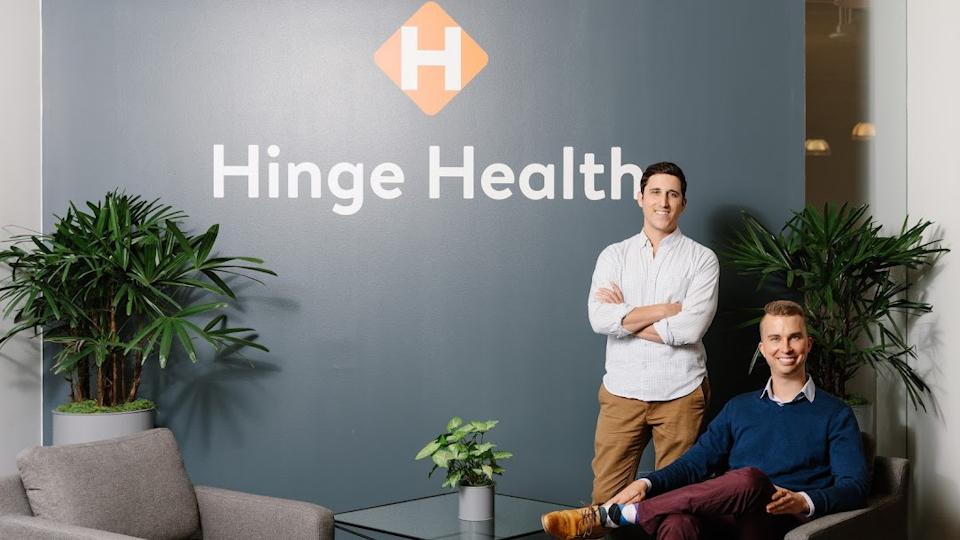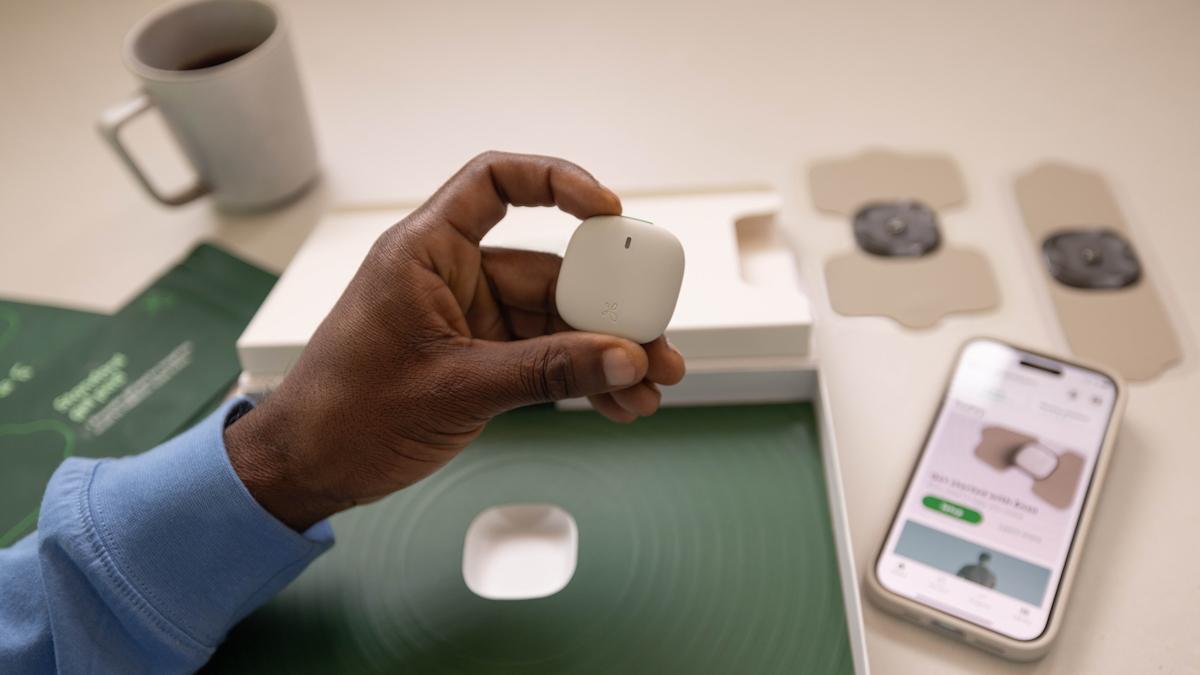Digital player Hinge Health rises sharply after NYSE debut

In a signal of a return to investor appetite for digital health stocks, Hinge Health has raised an impressive $437 million in an initial public offering, at the top of its expected range.
Shares in the digital therapeutics (DTx) developer closed up more than 17% after its debut on the NYSE at $32 under the HNGE ticker and continued to climb in after-hours trading to almost $38. With IPOs in digital health drying up in the last year or two, getting this one over the line is being seen as a major inflexion point for the sector.
The company has gone public with a starting valuation above $2 billion, although that is short of the $6 billion valuation attributed to the company at its height in 2021, after it had raised $825 million through a series of private rounds topped by a $600 million Series E in October of that year.
San Francisco-based Hinge Health – which provides DTx for managing musculoskeletal (MSK) conditions like back and joint pain and post-surgical rehabilitation – said that the IPO will provide funds to "scale and grow" its efforts to automate the delivery of health care. Its offering includes modules for the prevention and treatment of back and joint problems, including guided physical therapy and educational and behavioural support.
Chief executive Daniel Perez told Bloomberg that 20 million Americans now have access to Hinge Health to help the MSK problems and, since its peak valuation in 2021, the company has more than quintupled its revenue and doubled gross profit.
A few weeks ago, it reported first-quarter revenues of $124 million, a 50% increase that also helped it swing into profit from a position of posting annual losses of up to $100 million in the last few years.
While many digital health companies that took the plunge and went public after the pandemic saw their share prices decimated last year as investors lost faith in the sector, mainly due to uncertain reimbursement pathways and high customer acquisition costs, Hinge Health has bucked the trend through its focus on negotiating large-scale contracts with large health providers.
The key to that seems to be the company's ability to gain formulary access, with Perez noting that more than 50 health plans and pharmacy benefit managers (PBMs) across the US – including all top five health plans and the top three PBMs – are including its DTx as their preferred or exclusive digital MSK therapy provider.
He said, however, there is still a lot of work to do, given there are 120 million people in the US getting health coverage through employer plans and more than 100 million using Medicare Advantage or a federal plan.
The company is continuing to extend its range, moving into the device arena with an FDA-approved wearable – called Enso – that delivers electrical impulses as a non-addictive, non-invasive alternative for pain relief, and has also replaced the use of wearable sensors to monitor patients with a motion-tracking technology called TrueMotion.












